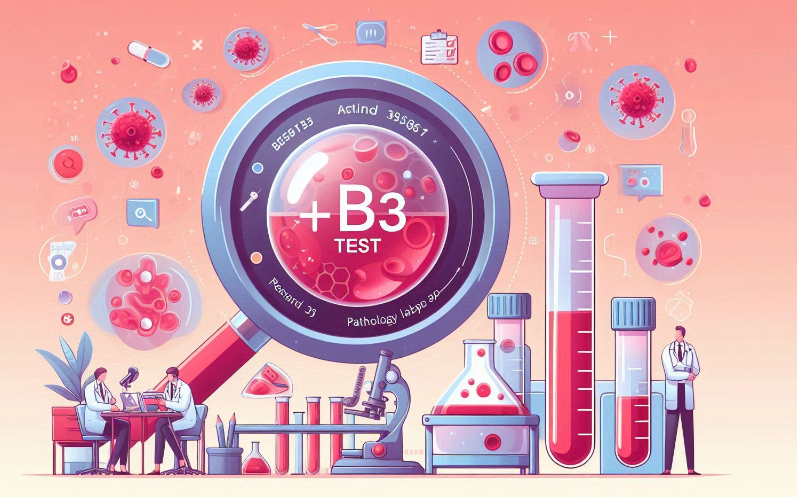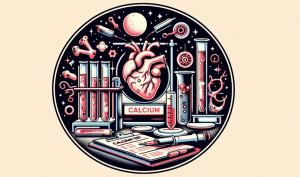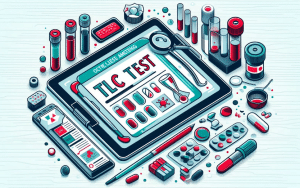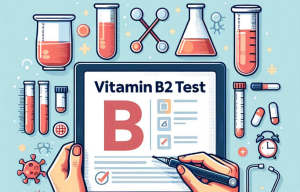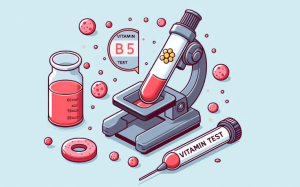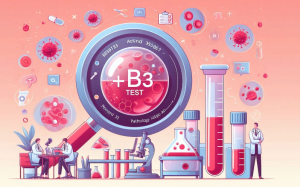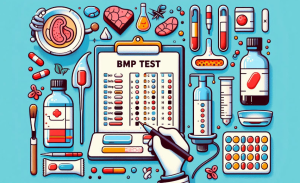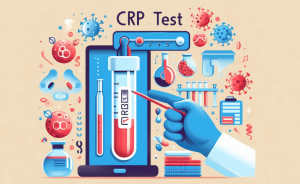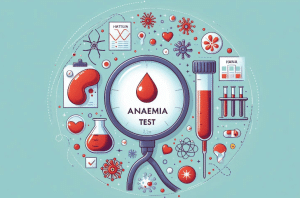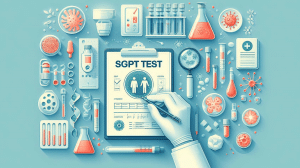What is Vitamin B3 Test?
A Vitamin B3 test, also called a Niacin test, measures the levels of niacin (Vitamin B3) and its metabolites in your blood or urine. Niacin is a crucial water-soluble vitamin that plays a key role in energy production, DNA repair, and cell signaling. It also helps maintain healthy skin, nerves, and digestive system.
Why Do You Need a Vitamin B3 Test/Niacin Test?
This test is typically ordered when a healthcare provider suspects:
- Niacin deficiency (pellagra): Individuals exhibiting symptoms like diarrhea, dermatitis (skin inflammation), dementia, and even death (in severe cases) might need this test.
- Monitoring high-dose niacin therapy: Patients receiving large doses of niacin for cholesterol management need regular monitoring to avoid toxicity.
- Assessing certain medical conditions: Niacin levels can be affected by conditions such as Hartnup disease (a rare genetic disorder), carcinoid syndrome (a type of tumor), and prolonged diarrhea.
What Does a Vitamin B3 Test/Niacin Test Measure?
The test directly measures the concentration of niacin and its metabolites (like nicotinamide and nicotinuric acid) in your blood or urine. Indirectly, it provides information on:
- Niacin status: Whether you have adequate, deficient, or excessive levels of Vitamin B3.
- Potential health risks: Niacin deficiency can lead to serious complications like pellagra.
- Underlying conditions: Abnormal levels might signal the presence of certain medical conditions affecting niacin metabolism or absorption.
Preparing for the Test
Generally, no special preparation is required for a Vitamin B3 test. However:
- Fasting: Some labs might recommend fasting for a few hours before the blood test, so check with your healthcare provider.
- Medications: Inform your doctor about any medications or supplements you’re taking, as some can interfere with the test results.
Understanding the Results
Normal niacin levels typically range between 0.2-1.2 mg/dL in blood. The interpretation can vary slightly depending on the lab and individual factors.
- Low levels (deficiency): This could indicate a risk of developing pellagra with its associated symptoms.
- High levels (toxicity): Excessive niacin intake, especially from supplements, can cause flushing, nausea, vomiting, liver damage, and other complications.
- Normal levels: Indicate adequate niacin status.
Risk Factors and Prevention
Factors that increase the risk of niacin deficiency include:
- Poor diet: Diets lacking in niacin-rich foods like meat, poultry, fish, legumes, and whole grains can lead to deficiency.
- Alcohol abuse: Chronic alcohol use can interfere with niacin absorption and metabolism.
- Malabsorption disorders: Certain conditions that affect nutrient absorption can impact niacin levels.
- Certain medical conditions: Hartnup disease and carcinoid syndrome are associated with niacin deficiency.
Prevention and management involve:
- Balanced diet: Include a variety of niacin-rich foods in your diet.
- Supplementation: If dietary intake is insufficient, your doctor might recommend niacin supplements, but only under their supervision.
- Treating underlying conditions: Addressing any underlying medical issues that contribute to deficiency is important.
- Alcohol moderation or abstinence: Reducing or eliminating alcohol intake helps maintain adequate niacin levels.
Remember, maintaining optimal niacin levels is important for overall health. Regular check-ups and following your healthcare provider’s advice are essential, especially if you have risk factors for deficiency or are taking high-dose niacin therapy.

 7351982473
7351982473